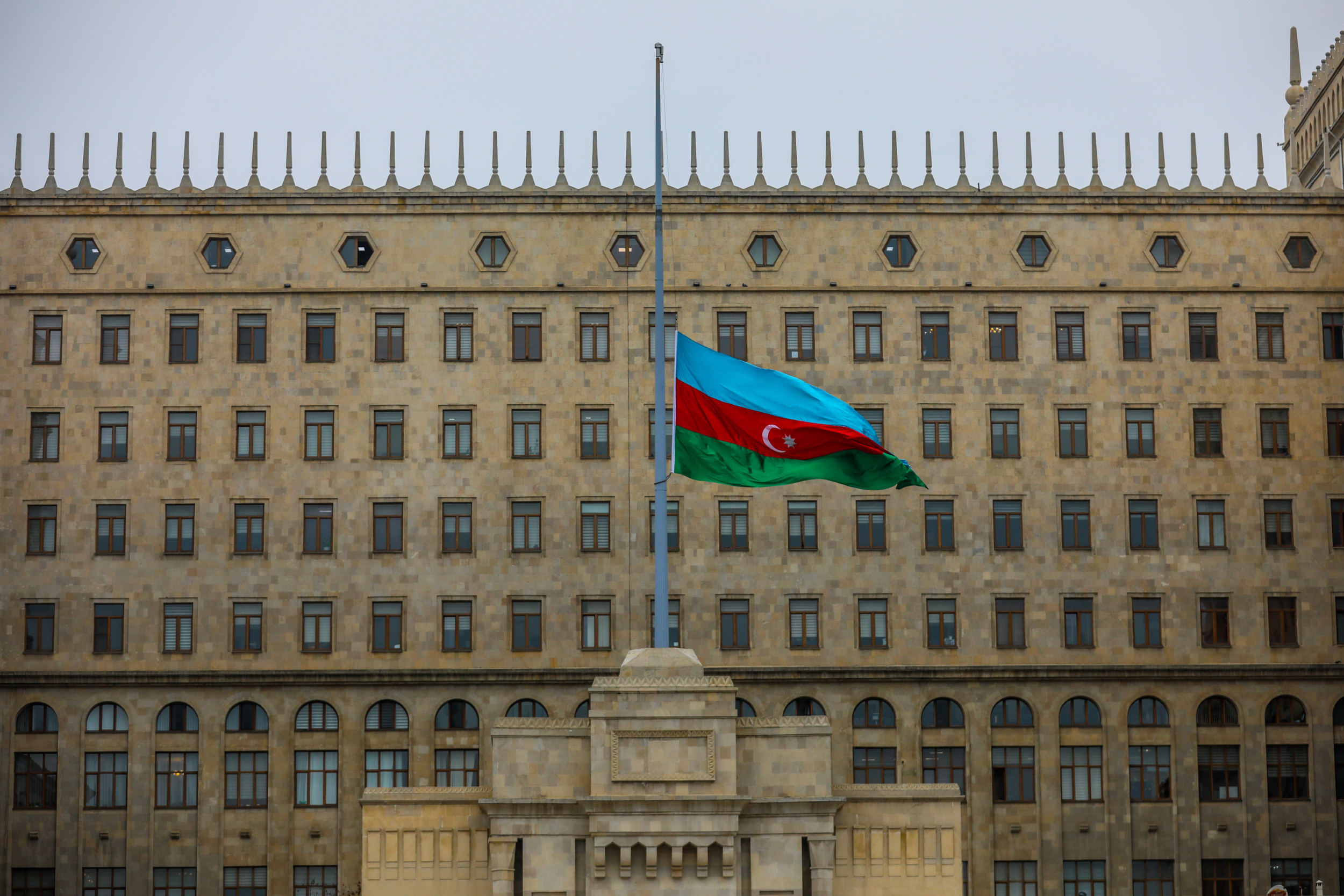Fashion
Luxury hotel ‘swag’ has become the sudden hottest fashion flex across Europe

I was on vacation a couple of weeks ago on Mykonos when I spotted a 30-something tourist carrying two bags. One was Dior; the other was a brown tote from the Four Seasons Astir Palace in Athens. I immediately started doing the math: The Dior tote sold for about $3,000, or roughly as much as a two-night stay at the Four Seasons in peak season this summer.
Later that day, the woman next to me at a seaside bar in Little Venice dressed down a sundress with a cap from Hotel du Cap-Eden-Roc, a top resort in the south of France, 1,200 miles away from Greece.
Back in London, I started seeing hotel merch even on the tube. Among all the designer backpacks and Daunt bookshop totes, commuters were also carrying bags from the One&Only and the Newt in Somerset.
Wearing swag from a beloved property had suddenly become the hottest fashion flex.
Luxury hotels are investing more in merchandise, whether it’s a branded pink and green $218 nylon tote from the Beverly Hills Hotel, an $88 baseball cap from Le Bristol Paris or even $770 silk pajamas from the Peninsula London.
It’s a tantalizing source of additional revenue, but according to Barbara Czarnecka, associate professor at London’s South Bank University Business School, it’s also a savvy marketing play. “It is making consumers feel like they will somehow join the club if they buy a product branded by a luxury hotel.”
In other words, these fashionable accessories function the same way a concert T-shirt does: It reminds you of a fun time while also signaling your status-symbol values. Long after the Instagram stories from that epic European summer vacation have faded, the merchandise will keep telling everyone that you’ve been to a top hotel—or at least bought the T-shirt.
Over the past decade, fashion influencers have cycled through various “-core” trends. Normcore was a reaction against maximalism and branded fast-fashion labels. Gorpcore drew inspiration from sporty, utilitarian clothing, bringing the great outdoors in. And who could forget last summer’s bubble-gum-pink Barbiecore?
Let’s call this current moment “resortcore.”
Aman, considered by many to be the most luxurious hotel company in the world, says its e-commerce business has doubled in size over the past year. Among other items, its online shop sells a $2,700 monogrammed “A” tote bag. Mandarin Oriental offers a cotton-and-leather bag with the group’s signature fan embossed on it for £126 ($166). The Hotel Eden in Rome hawks a handmade yellow canvas bag inspired by the city of Rome for €450 ($500).
“Merchandise is a status symbol for a lot of people, depending on whether the hotel is an upscale or meaningful destination,” says Leora Lanz, associate professor at Boston University’s School of Hospitality Administration. She says hotel swag gives off a sort of “if-you-know-you-know” quality, especially for millennial and Gen-Z consumers.
Jennifer Alfano, a New York stylist who writes The Flair Index newsletter, agrees. “Our souvenirs are different now,” she says. “It’s harder to find unique things when you’re traveling—everything gets a little ubiquitous. This is a way to bring something back that you can’t find anywhere else.”
Hotels have been selling merchandise in shops on-site for years, of course. But the recent push into e-commerce was partly fueled by the extended closures during the Covid pandemic, when brands were looking for ways to connect with guests who couldn’t visit in person.
But once guests piled back into hotels at the end of the lockdowns, the trend morphed from mere memento to statement maker.
Stephanie Phair, the former chair of the British Fashion Council, says she’s seen more luxury brands expand into hospitality partnerships. “People have been wanting to put their money into travel and experiences post-Covid,” she says. “So fashion brands and hotels have been thinking, ‘How do we capitalize on this now?’”
Luxury loungewear company Olivia von Halle recently launched a capsule collection with the Peninsula London that includes £620 silk pajamas inspired by the hotel’s sweeping views over Hyde Park. American fashion brand Frame teamed up with the Ritz Paris; Hailey Bieber has been spotted wearing its baseball cap.
In July, Paper London partnered with Four Seasons Hampshire, selling items like stylish £150 sweatshirts and bags that go with the country-chic vibe of the resort. “Despite this being our inaugural venture into the hospitality branded merchandise realm, several styles from the collection sold out within the first few days,” says Philippa Thackeray, founder and CEO of Paper London.
The five-star Paris hotel Le Bristol also launched its first clothing line this year. The collection includes €150 leggings adorned with the crest of the hotel alongside matching tops.
Valentina de Santis, the Italian hotelier behind the celebrated Passalacqua and Grand Hotel Tremezzo, both in Lake Como, has started collaborations with fashion designer Emilia Wickstead and Italian luxury brand Brics. On her e-commerce site, Sense of Lake, de Santis sells pieces inspired by the gardens and shoreline of Lake Como, such as a €550 carry-on with a vintage-looking print of the hotel’s facade on the front. She expanded the product line less than a year after winning the inaugural best hotel in the world award at the 50 Best Hotel awards in 2023.
“We created the boutique as a promise both for our guests to take unique memories away with them and for every traveler that wanted to begin dreaming about Lake Como,” de Santis says.
This team-up just makes sense, says fashion executive Phair. “Passalacqua speaks to everything that’s beautiful and refined about the Italian lifestyle on Lake Como, and Emilia Wickstead speaks to the same audience. It’s a perfect collaboration in this way,” she says.
There’s even a growing secondhand market for these items. Katherine Hughey runs the retailer Alabaster Jones, which sells vintage coasters from the Ritz London for $250 and tote bags from the Beverly Hills Hotel. She says that interest in hotel merchandise in particular has risen since she started her business in 2017. “We do market research—a lot of these hotels are just extremely popular,” she says. “The pieces make great conversation starters.”
Phair says she thinks this trend will continue, as fashion brands try to reach their audience where they’re at—and for many of those clients, where they’ve been this summer is at many of these luxury hotels. “Fashion is one of those categories that really crosses over,” Phair says. “It’s been in sports, music, and now it’s moving into experiences and hotels.”
A Wall Street legend gets a radical makeover, crypto iniquity, misbehaving poultry royalty, and more.
Read the stories.










